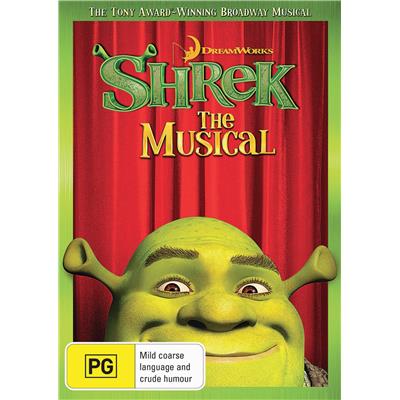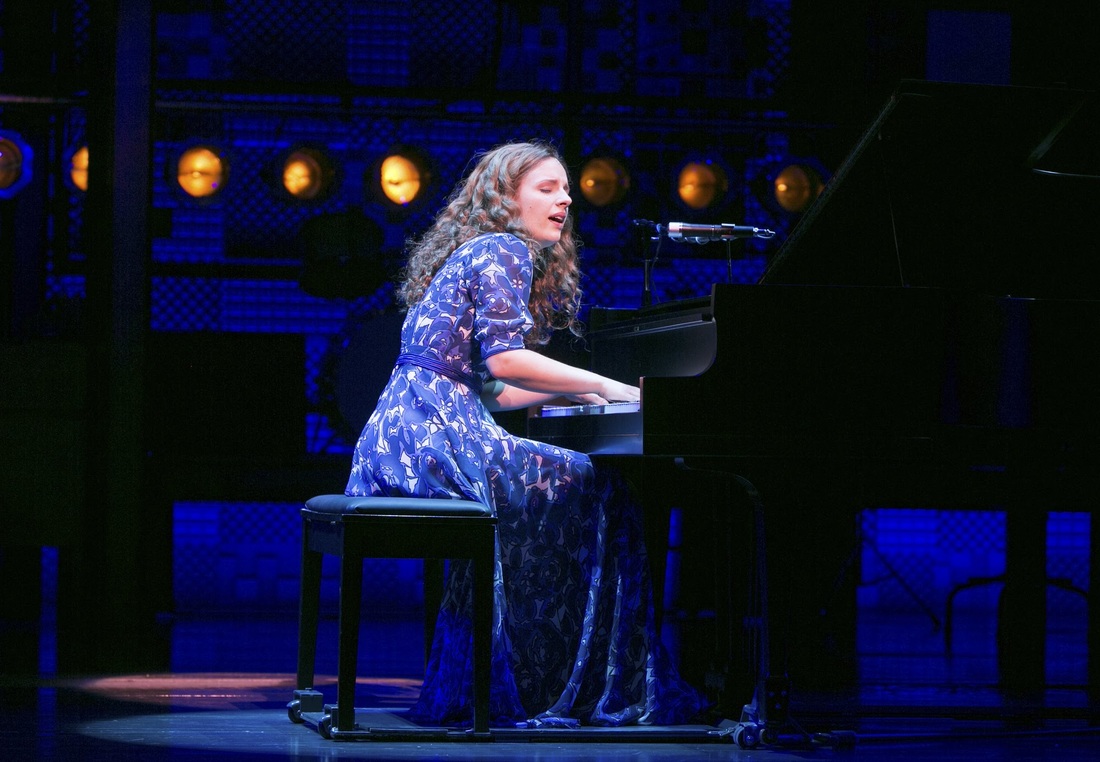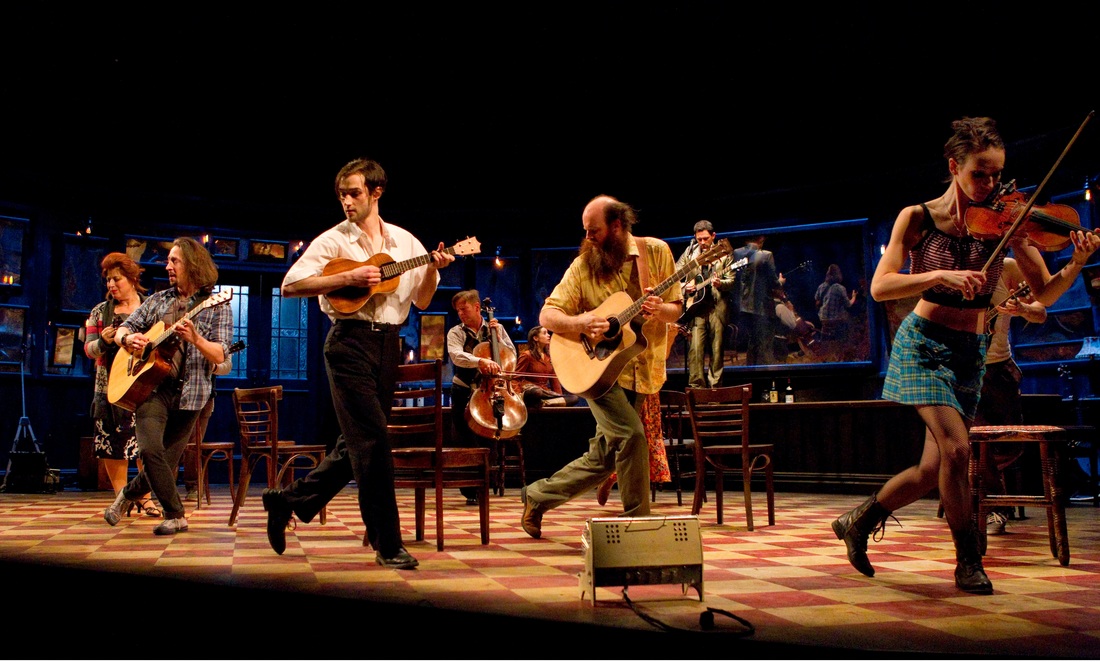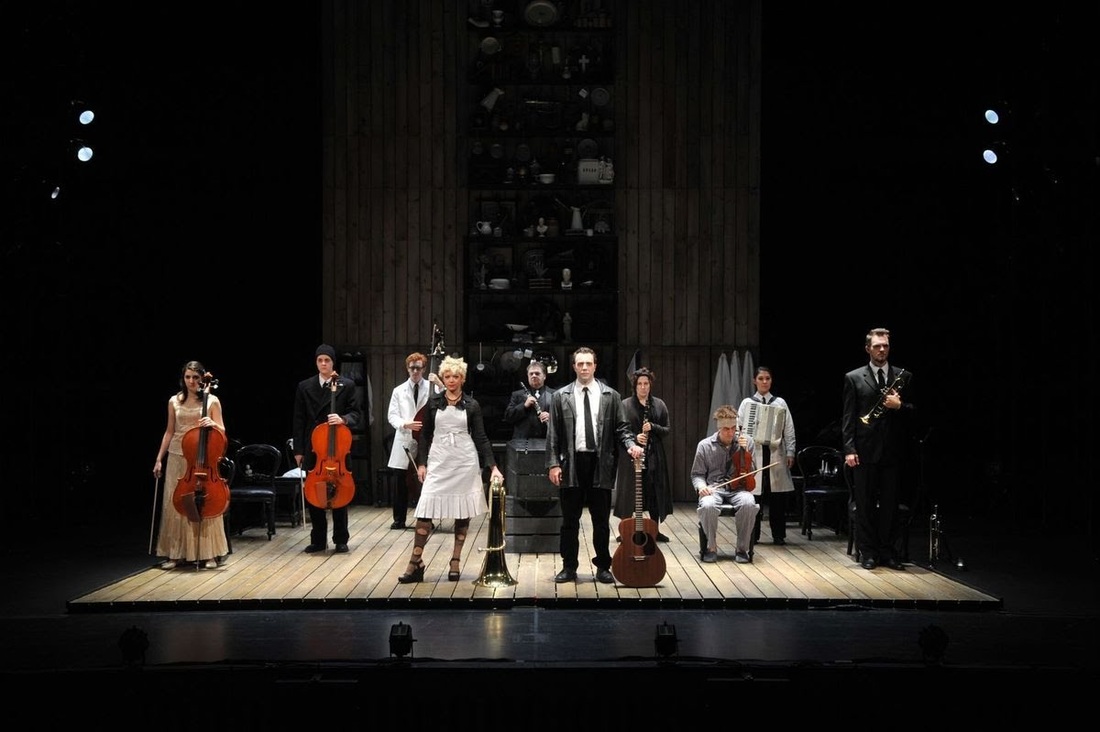|
In light of the expected Hamilton DVD/Blu-ray announcement tomorrow (EDIT: it was just an app) I've been prompted to explore a question I've been asking for years, which is why don't we see more pro-shot musicals on DVD? Yes we're all familiar with the well-known recordings of the Les Mis dream cast, multiple Sondheims, and more recently Shrek, but why aren't producers jumping on the opportunity to film their productions for commercial release? I get that there are up-front costs of production but they're negligible compared to the potential return. And investing in musicals is all about playing the long game, especially considering "shows generally take 8-12 months to recoup if ticket sales are good". There's also the question of bootlegs. How many of you tried to get a copy of the Hamilton bootleg that temporarily made the rounds? Composer/lyricist/book-writer Lin-Manuel Miranda famously took a Tumblr user to task for requesting a copy, but is any bootleg ever really going to replace a live performance? It's not like people are trying to avoid going to the theatre by watching bootlegs instead! And the few I've seen are such low quality that they often don't do the show justice anyway. Certainly not enough that I won't buy a ticket to see the actual show when I can. People are creating/seeking bootlegs because they're interested in and excited by the work. Interest and excitement that could be turned into potential $$$ for the producers/writers. I started thinking about this when we first heard of The Book of Mormon. I had friends make the trip to Broadway specially so they could laud themselves over us lowly peasants because they got to see the show before anyone else in Oz. And the same has been happening with Hamilton, Waitress, etc. But what about those poor sods left behind? I'm sure they'd love to be able to see the show before it hits their local town and special trips to NYC aren't a viability for everyone. But I bet they'd happily buy a DVD to sate their appetites in the meantime. And then, when the show finally does get here, I guarantee they'll still buy a ticket to see it. So that's the thing. If there already was a Hamilton DVD every single musical theatre nerd in the world would without a doubt have a copy. And then they'd also buy a ticket to see the show at the earliest opportunity, only adding to the producer's income. Hamilton was originally rumoured to be heading to Australia this year but now it's more likely going to be next year at the earliest. However the producers could have been making money off us already, and continue to do so until we're finally graced by its presence, if there was an official, high-quality DVD that, to paraphrase Lin, allowed us to "hear it [and see it] RIGHT" while we wait. So what do you reckon? Would you buy a DVD of a show and then not buy a ticket to see it in person? Which shows would you love to see on DVD? Let us know in the comments 🙂 The quadruple threat isn't new to Broadway / the musical theatre. The John Doyle-directed Sweeney Todd had them in 2005, as did the Raúl Esparza-led Company in 2006, and more recently the Roundabout Theatre Company's Cabaret had a live, onstage Kit Kat Klub band in 2014. There are certainly other and earlier examples, however with the recent announcement of Beautiful: The Carole King Musical heading our way (thanks to Michael Cassel), and other recent shows on Australian shores, this appears to be a trend that should be of interest to Australian performers. But what actually is a quadruple threat? Before we answer that question, let's brush up on the definition of a triple threat. In the sporting world a footballer is a triple threat if they're good at passing, kicking, and running. In the theatre a triple threat is a performer who can sing, dance, and act equally well across all three skill areas, possibly with only slight preference to any particular one. A quadruple threat adds one further skill - the ability to play a musical instrument. Jessie Mueller as Carole King in Beautiful: The Carole King Musical Some musicals that require / could use quadruple threats include Jersey Boys, Godspell, and SPAMALOT. In fact when I MD I like to try and get my performers to either learn / play the segments of potential onstage music (such as the piano cadenza in "You Won't Succeed on Broadway (if You Don't Have Any Jews)" and the parlour songs in Sweeney Todd). Recent examples of Melbourne performers playing instruments live on stage include the entire cast of Once (varied instruments), saxophone in StageArt's Saturday Night Fever, Luigi Lucente in Pursued By Bear's tick, tick... BOOM! (piano), and Amy Lehpamer and Cameron Daddo in The Sound of Music (guitar). Some of these parts could probably be taught to a performer during the rehearsal process (such as the simpler guitar chords in Sound of Music) - others require a more solid musical foundation, one that can take years to develop. The quadruple-threat cast of Once General benefits of music reading / playing include:
More specific benefits for musical theatre performers include:
The quadruple-threat cast of John Doyle's Sweeney Todd You've probably noticed that most of the instruments in the accompanying photos are pianos and guitars. This makes sense as they're both one of the 'chorded' instruments I was referring to earlier - instruments that can play chords / more than one note at a time. But if you're not currently a pianist / guitarist or they don't interest you, don't despair - included in the mix are violins, 'cellos, clarinets, a double bass, trumpet, piano-accordion, and even a tuba! A resourceful MD / director may call upon a variety of instruments that suit their needs and in those situations it's better to have any instrument than not.
So if you're keen to start tickling some ivories or strumming some strings, check out your local music teachers' association (the VMTA here in Victoria) or ask your friendly neighbourhood accompanist - if they can't teach you I'm sure they'd be able to put you onto someone who can. So go forth, learn an instrument and make yourself a better, smarter, and ultimately more employable performer! |
Categories
All
Archives |





 RSS Feed
RSS Feed